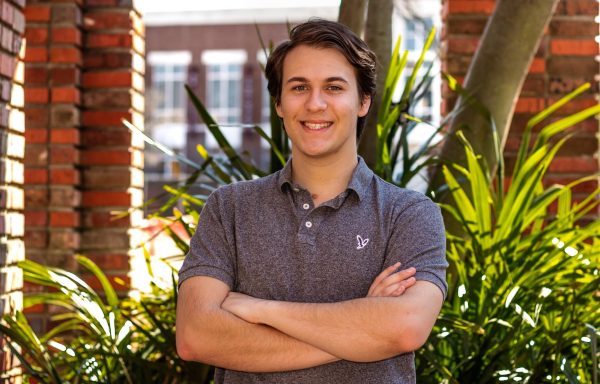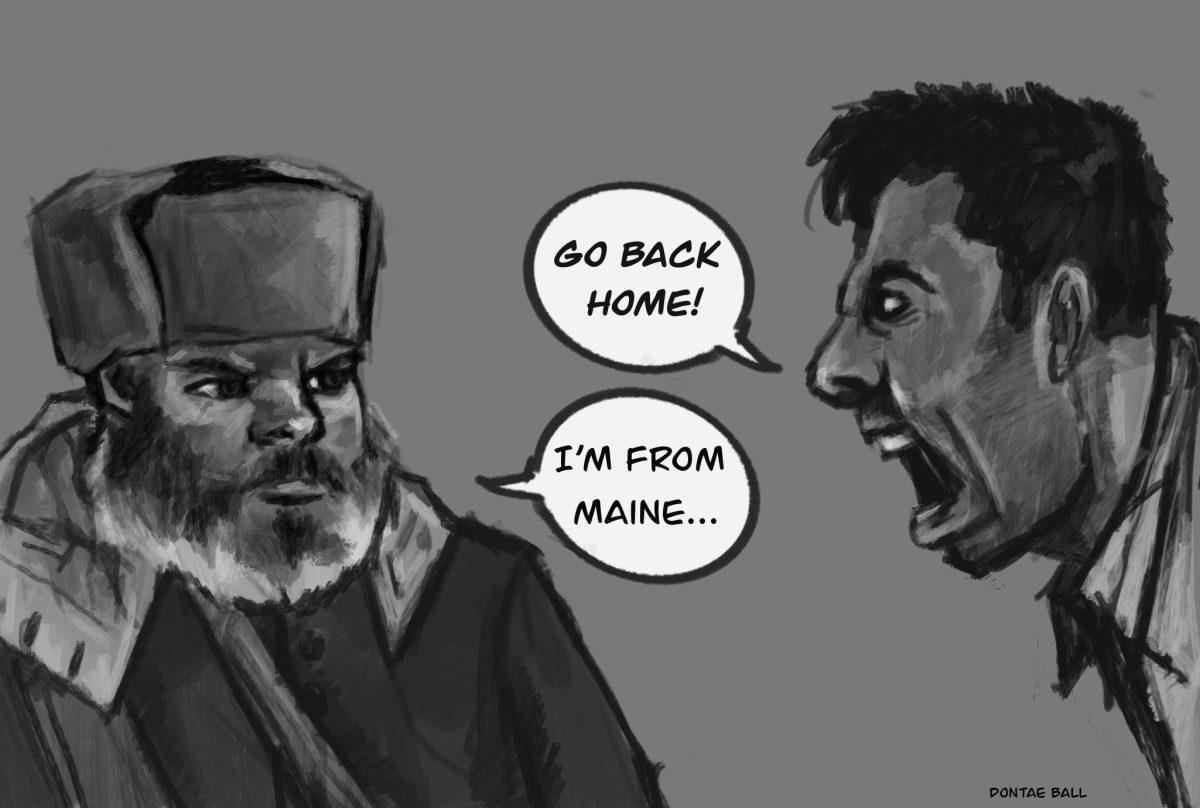Russophobia, the fear or hatred of Russian people or culture, has become more prevalent in recent months. With the invasion of Ukraine, many Americans and people across the globe began to see the Russian state as an enemy again.
A recent poll conducted by ABC News and the Washington Post found that 80% of those polled saw Russia as a hostile entity, a level not seen since the heyday of the Cold War.
While the situation surrounding the Russian state is complex and requires nuance, xenophobic attitudes towards Russian people themselves have begun to spread.
These attitudes have led to actions ranging from the mundane, such as the name of Yuri Gagarin, first man in space, being removed from a fundraiser for the Space Foundation, according to Noor Al-Sibai for Futurism, to the serious and harmful, such as the vandalizing and property destruction of Russian restaurants in the U.S. These incidents do nothing to keep America safe. Russian Americans make up hundreds of thousands of the American population, so terrorizing and being fearful of them signifies nothing but pure, unadulterated xenophobia.
These people did not start Vladimir Putin’s war. They have done nothing to draw the ire and malice of our general population. Perhaps, there is something fundamentally damaged about our American psyche. In the years after 9/11, Muslim Americans faced immense racism, both personal and governmental. There is a tendency to blame fellow humans perceived as being foreign for actions they did not commit.
These actions will only serve to damage our societal fabric, not just in America, but the world as well. Blaming the people living in Russia serves no purpose either. There remains a robust effort inside the country to protest the war and attacking all Russian people for the sins of a tyrant discredits that movement. If you want to oppose the war in Ukraine, there are ways to do that without harming and fearing the people or culture of Russia. No amount of canceled concerts featuring long dead 19th century Russian composers will change Putin’s mind.
The age of social media has made these types of issues vastly more complex. Just weeks ago, Meta, the parent company of Facebook, said that their content policy had been “temporarily altered” to allow for calls of violence towards the Russian invaders, though not the people itself.
As digital citizens and members of the younger generation, we need to be wary of this type of thinking. We need to think critically about the kinds of people and corporations who decide which state actors or armies, and the people within them, can have death threats levied on them.
Social media has led to issues of allowing certain kinds of hateful or violent speech towards only select entities before. We, as young people, and students, must reject this kind of uneven thinking.
Equating the Russian state and Vladimir Putin to the people living all over the vast swaths of Russia only hurts our global society. It only serves to hamper people’s thoughts on a rich and interesting culture and history.
As far as our culture goes, we must be vigilant in rejecting the notion that Russian people are our enemies. It may seem like a small issue compared to the very real war happening in Ukraine, but due to the influence culture has on the average way of thinking (i.e. movies, shows and video games) we should not allow ourselves to begin thinking of Russian people as purely enemies.
Russophobia is dangerous and leads to a harmful way of thinking. Being xenophobic towards our fellow global citizens does immense harm to our way of life. One of the things which is supposed to make up the American Dream is acceptance of cultures which we perceive as different. Blaming Russian Americans and regular Russian citizens sets us back as it relates to cultural acceptance. If we want to avoid another Cold War and live in a society defined by global fear, we must strongly avoid giving in to hatred of those different than us.
Categories:
Russian citizens are not responsible for Putin’s actions and should be treated fairly
About the Contributor

Joshua Stewart, Former Life & Entertainment Editor
Joshua Stewart served as the Life & Entertainment Editor in 2022.
0
Donate to The Reflector
Your donation will support the student journalists of Mississippi State University. Your contribution will allow us to purchase equipment and cover our annual website hosting costs.
More to Discover







